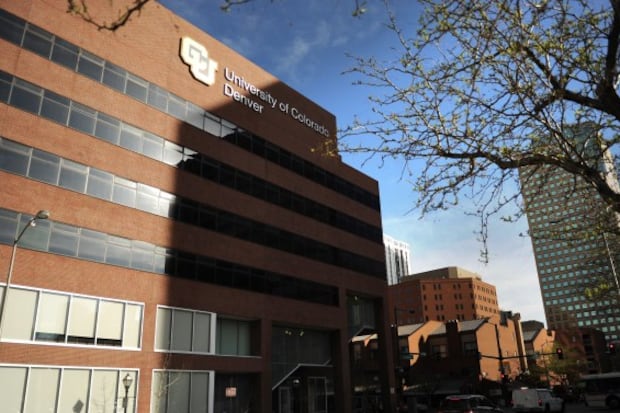The University of Colorado Denver won full state approval Thursday for three teacher preparation program tracks after addressing problems in how it trains aspiring educators to teach children to read.
The State Board of Education unanimously voted to reauthorize the elementary education, special education, and early childhood education programs nearly a year after granting only partial approval because of weaknesses in reading coursework.
State officials praised the university for improvements that ensure aspiring teachers understand and can apply key components of science-based reading instruction and don’t receive conflicting information about how to teach reading.
Thursday’s decision is the latest step in an ongoing state effort to hold Colorado’s teacher preparation programs accountable for properly training future educators how to teach reading. The state began cracking down on teacher prep programs — specifically their approach to reading instruction — in 2018 as part of a broader push by lawmakers, state education officials, and parents of children with dyslexia to get more students reading at grade level.
The state’s outgoing education commissioner Katy Anthes received praise for leading the push for more oversight of reading instruction in teacher prep programs.
“These educator preparation reauthorization items have you written all over them,” Colleen O’Neil, associate commissioner of educator talent at the Colorado Department of Education, said to Anthes during the meeting. “Because what you did was ensure every student knows how to read.”
Also on Thursday, the state board granted full approval to all majors in the teacher prep program at Colorado Christian University and an alternative prep program offered through East Central BOCES. Both programs were reauthorized on their first try.
The University of Colorado Denver is one of several teacher prep programs that revamped reading coursework in recent years following poor state reviews. The state’s two largest prep programs, the University of Northern Colorado and Metropolitan State University of Denver, also made changes.
The reading coursework overhauls seem to have paid off.
Earlier this week, a national organization gave Colorado major kudos for how its teacher prep programs cover reading instruction, ranking it No. 1 in the country. Just a few years ago, Colorado was in the middle of the pack.
In that report from the National Council on Teacher Quality, most of the state’s teacher prep programs earned an A or A+ for elementary education, including the University of Colorado Denver’s undergraduate program, Colorado Christian University’s undergraduate program, and the University of Northern Colorado’s undergraduate and graduate programs. The report didn’t analyze reading coursework in alternative teacher prep programs.
Ann Schimke is a senior reporter at Chalkbeat, covering early childhood issues and early literacy. Contact Ann at aschimke@chalkbeat.org.







